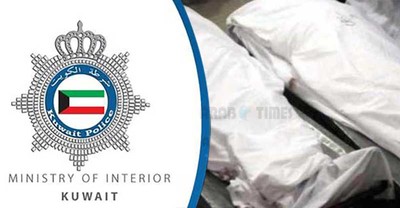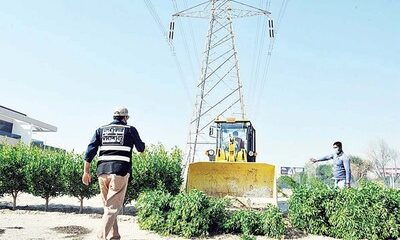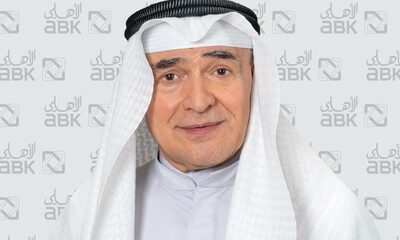KUWAIT: Kuwaiti municipal authorities are stepping up inspections of residential and investment properties, targeting violations that officials say threaten public safety and distort the city’s urban landscape.
Among the most common violations found are converting basements — originally designed for parking or building services — into makeshift storage areas, said Ibrahim Ayad Al-Azmi from the municipality’s Engineering Audit and Follow-up Department.
“These spaces are meant to serve residents, either as parking or service facilities, but we’re finding them packed with furniture, chemicals, paints, and even food products stored without refrigeration,” he told KTV news channel. “All of this violates safety regulations.” Al-Azmi warned that such storage practices heighten fire risks, especially when flammable materials are involved. Even food storage poses hazards, he said, due to lack of cooling and fire safety systems.
A KTV news report last week showed a basement designated for car parking in an investment property used for storing construction materials, including wood panels and ceramic doors.
“Wood in particular poses serious risks in case of fire, making it difficult for firefighters and municipal authorities to protect residents,” Suleiman Al-Otaibi, an engineer from the same department at the Mubarak Al-Kabeer Municipality, told a KTV reporter at the scene.
“The misuse of the basement also affects the building’s residents, forcing them to park their cars in the street or the sidewalk, causing congestion.” Al-Azmi said the parking situation puts extra pressure on traffic authorities, who must issue citations for illegal parking, “and compromises safety for everyone.”
The municipality is working closely with the General Fire Force to address the problem. “About 80 percent of owners respond to warnings and remove violations immediately to avoid penalties,” Al-Azmi said. The remaining 20 percent either apply for corrective permits or are ordered to remove the modifications entirely.
The basement issue is part of a wider set of violations the municipality regularly encounters in both private housing and investment properties.
Private residential areas are low-density zones reserved for single-family housing, primarily intended for Kuwaiti citizens, where land is distributed through the country’s housing welfare program. In contrast, investment housing areas feature multi-unit buildings — such as apartments, duplex villas, and studios — designed for rental or ownership across all floors. In private housing, the most common infractions include exceeding the permitted building size, adding extra floors and dividing properties into multiple rental units — sometimes renting them for single men — which Al-Azmi said can pose social and security concerns. The issue was glaring in Sabah Al-Salem, where Mubarak Al-Kabeer Municipality officials uncovered a rooftop converted into six apartments for single men. “Older properties frequently have such rooftop encroachments, with unauthorized partitions made from light materials,” said Saqer Al-Enezi, another municipal official.
In investment housing, basement conversions top the list, along with unlicensed construction of extra apartments in ground-floor parking areas.
Al-Azmi also pointed out a common violation: barricading sections of government-owned desert lots to use for private parking. The practice reflects a shortage of designated spaces for tenants, even though law requires each apartment in investment properties to have at least one parking spot, Al-Azmi reminded.


















